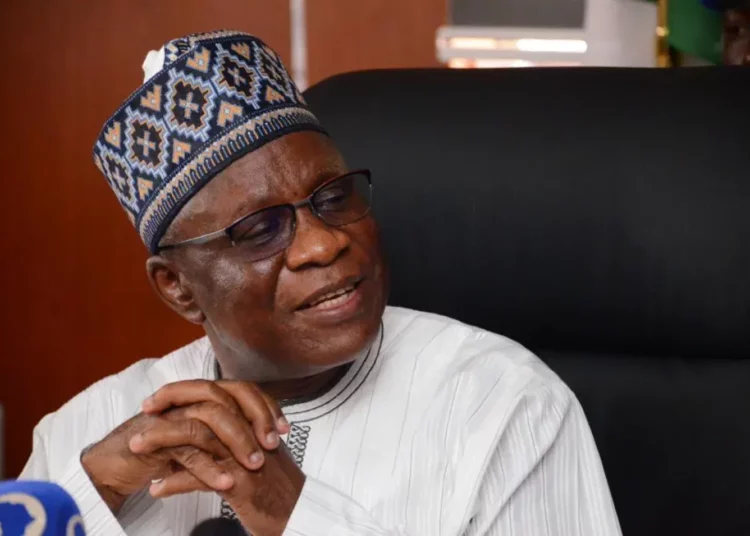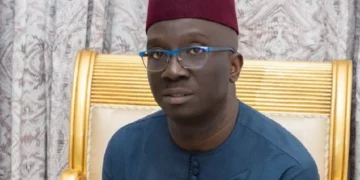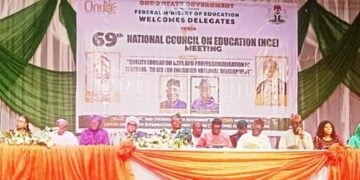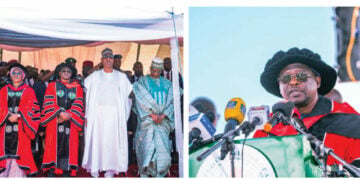The Ministry of Regional Development has solicited the National Assembly’s support for additional funding to enable it to deliver on its mandate.
The supervising minister, Abubakar Momoh, made the appeal yesterday in Abuja while appearing before the Joint Committee on Regional Development to defend the ministry’s 2025 budget proposals.
Momoh stated that the ministry was committed to securing adequate funding.
He expressed the ministry’s desire to work collaboratively with the committee to achieve an acceptable and effective 2025 budget.
LEADERSHIP reports that the summarized budget outline for the ministry’s 2025 budget stands at N28.9 billion. This comprises N24 billion for capital expenditure, N1.6 billion for recurrent expenditure, and N2.7 billion for personnel costs.
Momoh regretted that the 2025 budget envelope still reflected the scope of the defunct Ministry of Niger Delta Development instead of addressing all six regions.
However, he noted that the 2025 budget included N2 billion for youth and women empowerment as well as capacity-building programmes across the regions.
Additionally, he highlighted the allocation of N1 billion for livelihood support initiatives and N600 million for medical outreach programmes targeting rural communities.
The minister emphasized that the limited capital budget ceiling of N24 billion would require the ministry to carefully prioritize projects.
He stated that projects with low completion levels would be deferred while ongoing and high-impact initiatives would take precedence.
Momoh also reaffirmed the ministry’s commitment to reducing the prevalence of abandoned and uncompleted projects while prioritizing human capital development, job creation, and social protection-related initiatives.
Earlier, the chairman of the committee, Senator Olajide Ipinsagba, described the transformation of the former Ministry of Niger Delta Development into the Ministry of Regional Development as a landmark decision.
According to Ipinsagba, the move reflects the federal government’s commitment to inclusive and sustainable national development.
Ipinsagba noted that the broader mandate of the new ministry was a strategic step toward addressing the diverse development challenges faced by regions across the country.
However, he stressed that the ministry would maintain a particular focus on the unique challenges of the Niger Delta region, serving as a beacon of hope for other regions with similar issues.
The senator assured that the committee would thoroughly evaluate the ministry’s budget proposal to ensure its priorities align with its expanded mandate.
“This means we will be able to support students and caregivers by enhancing the development of schools and programs,” Ipinsagba said. “We will also support free education initiatives and research projects, which will benefit the development of school services and related programs.”
The senator urged the joint committee to guide the ministry toward achieving equitable development, economic inclusion, and national unity.
He commended the ministry’s leadership and staff for embracing their expanded role with vision and determination.





